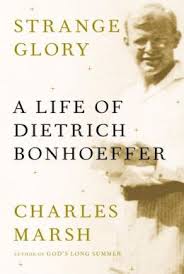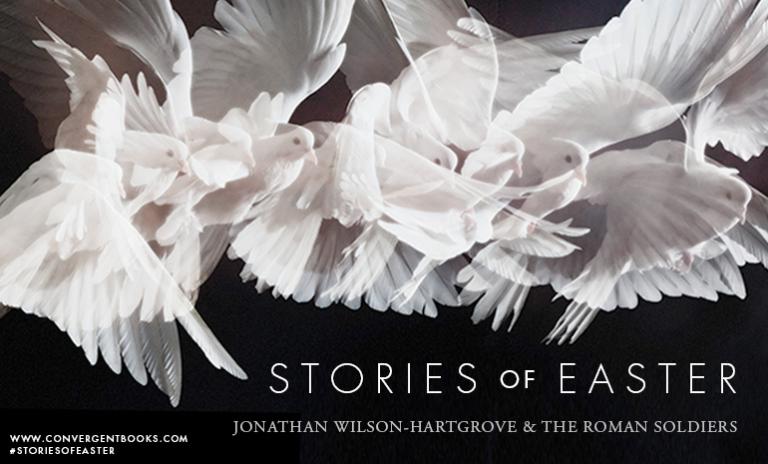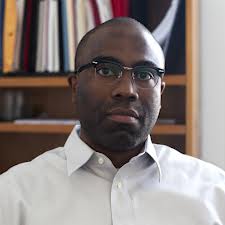Over breakfast this week, a young friend from the neighborhood—a guy who’s worked hard to overcome the odds against him—told me he gave his day’s pay to another guy on the corner. He did it in frustration, angry at his peer who was peddling dope to a grade school kid. “Hey, I gotta make my money,” the dealer told him. “I gotta make mine, too,” he said, walking home from a ten hour shift. “But it ain’t worth that.” He pulled a wad of cash out of his pocket and tossed it at the dealer. But there was no sense of triumph in his recounting of the facts. He stared at me coldly and didn’t let the tears fall from his eyes.
“We Shall Overcome” was an anthem of hope that African-Americans who’d suffered from generations of exclusion and oppression rallied around in the 1960’s. Martin Luther King, whose memory Americans honor this weekend, became a symbol of that hope because of his ability to not only articulate the “somebody-ness” of people who had been marginalized, but also empower them with the tactics of nonviolence to live the truth about themselves that others had consistently denied. By enacting the enemy love which he’d learned from Jesus and Mahatma Gandhi, King became America’s prophet.
I thought about the prophet King as I stared into my young friend’s eyes this week. I thought about how little the victories of the Civil Rights Movement did to free that dealer on the corner from the nihilistic realism that says he can only survive by exploiting the kids on his block. I thought about how trapped my friend feels, wanting to hold on to hope that doing the right thing will get him somewhere, but knowing that he’s up against something so much bigger than his ability to work hard and keep his chin up. I thought about the post-colonial writer Frantz Fanon who said, “The last violence of the colonizer against the colonized is the violence of the colonized against the colonized.”
Then, I thought of the line from Thomas Merton: “Christian hope begins where every other hope stands frozen stiff before the Unspeakable.”
King learned this in real time. After he had won the Nobel Peace Prize and secured the Voting Rights Act, his was one of the most famous faces in America. He had been TIME Magazine’s Person of the Year. He could not walk down a city street without people asking to shake his hand or get his autograph. As an individual, King had overcome. He didn’t need to be elected President. He was already America’s hero.
But King knew that, despite his victories, people like my friend and his peer on our corner were up against a system that would not change of its own accord. The system was racist, for sure. It excluded poor people and clung to control by any means necessary. It was bigger than any one person, any one campaign. But it was hard to name, even for a golden tongued preacher who could always find just the right word. Merton was right. The enemy was Unspeakable.
What does it mean for Christian hope to begin in the face of the Unspeakable?
When Abraham Joshua Heschel, America’s greatest scholar of the Hebrew prophets, introduced King to a gathering of rabbis in March of 1968, he heralded King as “a voice, a vision, and a way.” A scholar of Hebrew Scripture, Heschel knew well that the roots of nonviolence are in God’s ability to create not by the sword, but by the word. Whenever a cause is true, the power that is needed to enact it is not the power of violence, but the power of a voice, crying even in the wilderness, “Prepare the way of the Lord.” When that voice is the voice of truth, it echoes God’s voice. The word of the prophet is the same Word that spoke at creation, echoing down the corridors of time.
The voice that proclaims God’s vision, then, is also a way. It is a way that leads straight to truth but will never trust the violence that promises to get us there by another route. Christian hope begins, then, not when nonviolence “works” as a strategy to achieve social change. It begins when nonviolence leads us to the place where we must choose whether we’ll trust in “what works” or in the God who can make a way out of no way.
When King was one of the most famous men in America, in the spring of 1967, he rented a slum apartment on the Westside of Chicago and stayed up late at night, hosting conversations about nonviolence with local gang leaders. He wanted to convince them to try nonviolence. But he knew that they were the “colonized” that Fanon had written about, struggling with the internalized violence of the Unspeakable. He flew to New York City and spoke at one of the nation’s most prominent churches, declaring, “I can no longer decry the violence of our inner cities until I speak out against the greatest purveyor of violence in our time.” He came out against Vietnam. The prophet who was trying to persuade gang leaders to try nonviolence in Chicago also wanted to persuade America to try it in international affairs. King was speaking truth against the Unspeakable.
In public, newspapers began to discredit him. Politicians suggested that he was overstepping his qualifications. In private, King was receiving death threats, but not like the midnight phone calls he’d received at his home in the South for years. They came with recordings of late-night conversations in King’s hotel rooms—recordings that only the FBI could have provided. Anonymous, yes, but only in the sense of “plausible deniability.” King was being warned by the Unspeakable.
But King was learning to trust what Gandhi said he’d learned from Jesus: “Living Christ means a living cross. Without it life is a living death.” He liked to say it like this: “Until you’ve found something worth dying for, you don’t have something to live for.”
What does it mean for Christian hope to begin in the face of the Unspeakable?
It means that here, in this place, where we struggle to even name the powers that threaten to consume us, we can press on toward the truth in a way of nonviolent love. We must neither pretend that we have overcome in a “post-racial” society nor boast that we will in our own strength. But we can press on, even in the face of the Unspeakable, in the hope that God has and will overcome. We can follow the prophet who followed our Savior all the way to the cross, praying, “Forgive them, Father, for they know not what they do.”











